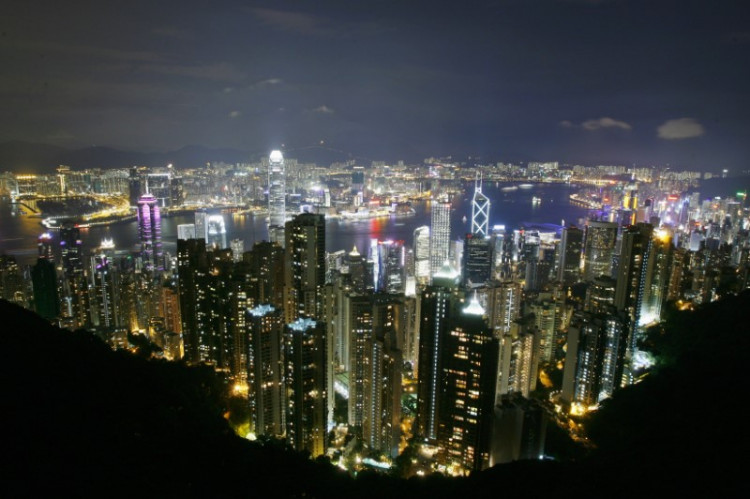Hong Kong's inclusion in a scheme to bring startups in southern China's largest cities together might be just what is needed to reboot its lethargic technology ecosystem - unless another city gets there first.
"The Greater Bay Area is no doubt the golden opportunity of the century," government-funded tech incubator Cyberport chairperson George Lam told Business Times in an interview.
Made up of nine cities around the Pearl River Delta, the region - home to more than 70 million people and a combined gross domestic product of $1.6 trillion - is the site of China's latest financial technology incubating experiment.
"In the past we always talked about Hong Kong-Shanghai, but now I think it's time to start talking about Hong Kong-Shenzhen," Lam said. "Together we are the leading tech innovation corridor of the world."
However, more emphasis should be placed on the second city which is quickly outpacing Hong Kong in international startup scoresheets. In a June report by venture capital research company StartupBlink, Hong Kong placed 39th in its worldwide startup ecosystem evaluation by city. Shenzhen came in at 33.
Meanwhile, a similar study conducted by Startup Genome demoted Hong Kong from 25th to 29th on its 2020 world rankings while the mainland city across the border ranked 22nd.
"Shenzhen should build high grounds for technology and innovation with global influence," mainland leader Xi Jinping said at a recent government meeting.
"[The city] is an important engine in the building of the Greater Bay Area and it has to grasp this significant historical opportunity," Xi said and called on Shenzhen to attract young people from Hong Kong to study and work on the mainland.
These calls for closer ties between the cities' technology innovators have been met by skepticism. Rather than fostering genuine innovation in Hong Kong, China "wants our intellectual property - they want the good stuff from our R&D," according to Charles Mok, a member of the city's legislative assembly.
Lam dismissed these concerns and said "China is now the largest provider of intellectual property and the largest source of unicorns in the world."
"I think in the old days, (Mok's concerns) might be relevant when it comes to IP challenges but these days Chinese startups are clearly on the other side of the coin," the Cyberport chairperson said.
An Already Tenuous Hold
Even before Shenzhen entered the running as the main technology hub in the region, the Hong Kong startup ecosystem faced challenges from abroad and from within.
Despite the city's established place in world finance, "we still lack fintech infrastructure in Hong Kong," Tencent vice president Jim Lai said.
Hong Kong, a city of 7.5 million, is home to a little more than 3,000 startups, according to government bureau InvestHK - including eight unicorns, or companies worth more than $1 billion. In comparison, relatively small Singapore, with a population of roughly 5.4 million, has more than 4,000 startups.
Startups and investors are shifting their attention to the Southeast Asian city. Last year, venture capital investments in Singapore reached $861 million - more than double the $374 million raised over the same period by startups in Hong Kong, according to Accenture data.
For young companies, rent is more affordable in Singapore and there are fewer barriers to entry; Singaporean startups contend with the city's Monetary Authority while in Hong Kong they must face up to five different regulatory bodies.
Hong Kong technology incubators like Cyberport have positioned themselves as oases for young startups in need of nurturing. "They're like babies, they need all the help they can get," Lam said about the 1,600 startups who currently call Cyberport home.
But outside of this refuge, resources are scarce with more roadblocks than ever as the city's special status as a world financial hub comes under threat.
"The information technology sector in Hong Kong [is] concerned about the impact on enterprises as well as research and development activities brought about by the U.S. revoking tariff preferences given to Hong Kong," lawmaker Mok said in June.
Meanwhile, Hong Kong's National Security Law, enacted in July, raises the stakes even higher for data processing companies and startups in the city.
Under the new law, companies must delete content upon police request or face a six-month prison sentence and up to HK$100,000 in fines - putting a serious tarnish on the "golden opportunity of the century."





